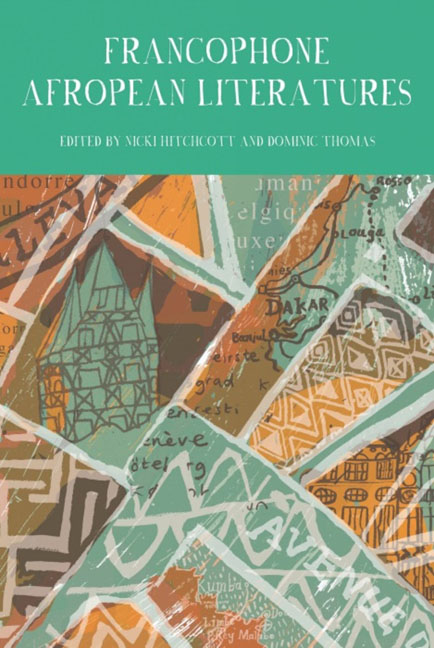At the Borders of My Skin
from Short Stories
Summary
Madame, you asked me this other question: ‘Mr Sami Tchak, do you also consider yourself a French writer?’ I'll give you the long answer. Do you remember when the banlieues projects were burning? I bring it up because I happen to live in the Seine–Saint–Denis department north–east of Paris. Well, in 2005, during what was being called ‘The banlieue crisis in France’, I wrote an article for a German newspaper. Back then, I emphasized the obvious, like the fact that Arabs and blacks were not the only ones to inhabit these bad neighbourhoods, but that these had ended up taking on the exotic hue of inassimilable populations, those at the margins who cause politicians and journalists to come up with sensationalist expressions: volatile, lawless, unsafe, racaille [scum]. Especially the word racaille, one little word that caused a lot of fuss, I am almost tempted to say for nothing, since scum does indeed exist, ruining the lives of thousands of men and women who can neither rid themselves of it nor gather the means to move away. The real tragedy is that this scum, a statistical minority but one whose actions leave a lasting impression, is a well integrated part of the social body. In fact, it is intimately tied to the social body, a product of it. Not only does it cause gangrene in the social body, but it is also a symptom of gangrene. But that's not the end of the story, since it is accompanied by the temptation to explain everything in social terms – ‘This is a consequence of poor integration policies’, ‘They are neglected, discriminated against’, etc. – or to negate social and economic factors in favour of bigoted explanations. Indeed, for some, the behaviour of blacks, Arabs and Muslims is attributed to the colour of their skin.
Madame, is there anybody today who could, in all seriousness, argue that the growing number of immigrants and their descendants on French soil has not given rise to specific issues? Who can deny that the radicalization of certain identity–groups is without consequences, or that the accompanying violence or the desire, even the need for violence, is unrelated? Who can deny the specific, integration–related difficulties that some exotic populations encounter? How can we address these questions calmly?
When he was Minister of the Interior, Nicolas Paul Stéphane Sark özy de Nagy–Bosca, also known as Nicolas Sarkozythe, used the word racaille.
- Type
- Chapter
- Information
- Francophone Afropean Literatures , pp. 211 - 216Publisher: Liverpool University PressPrint publication year: 2014

